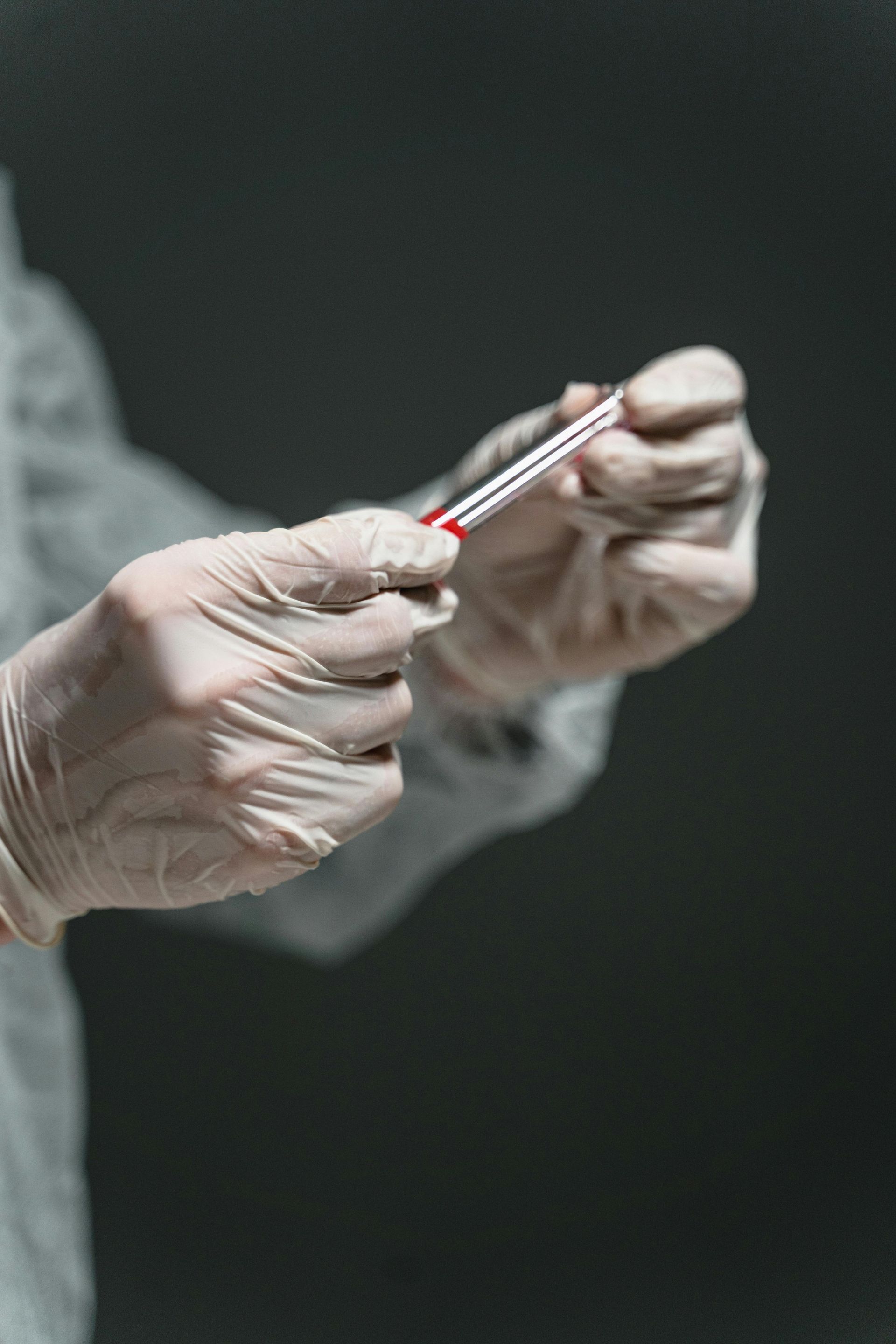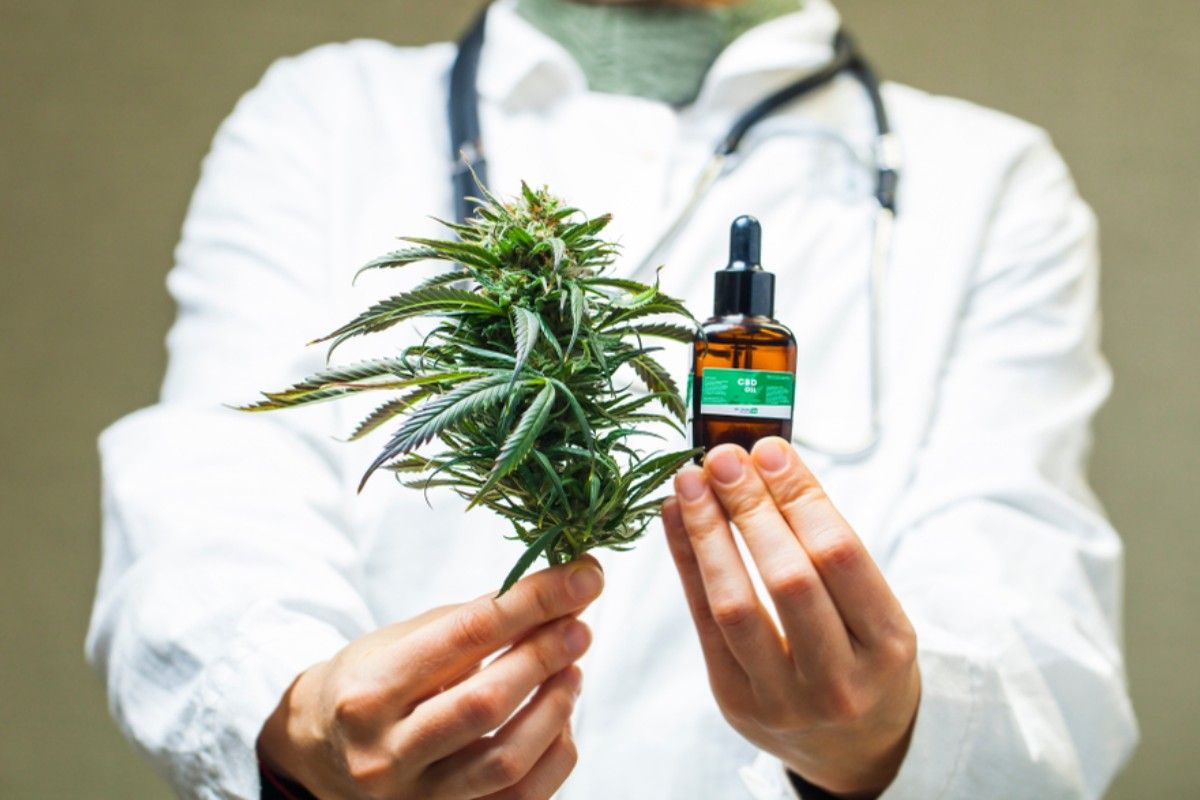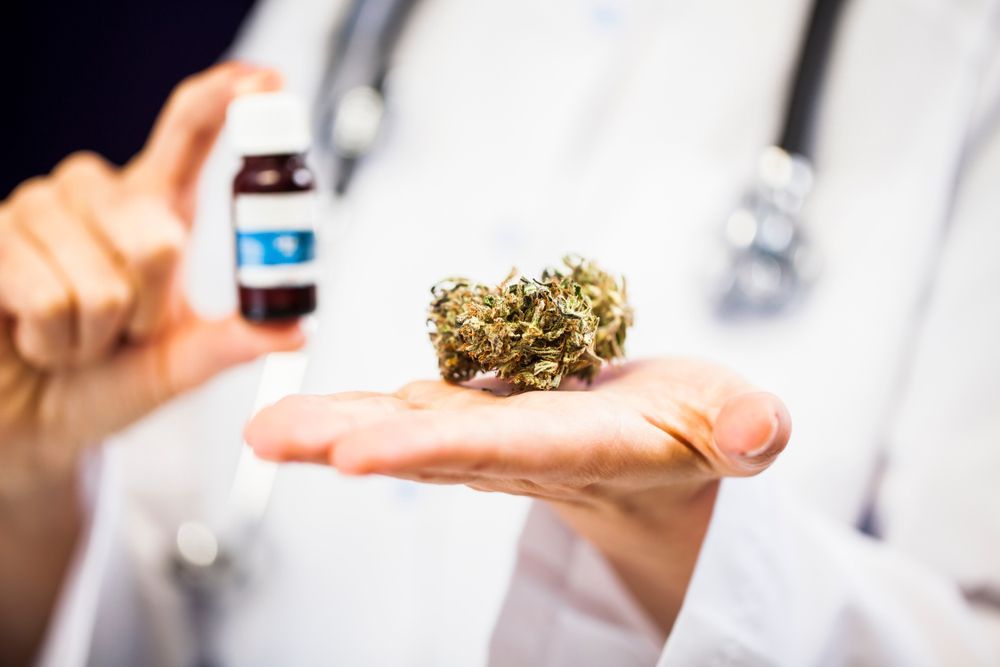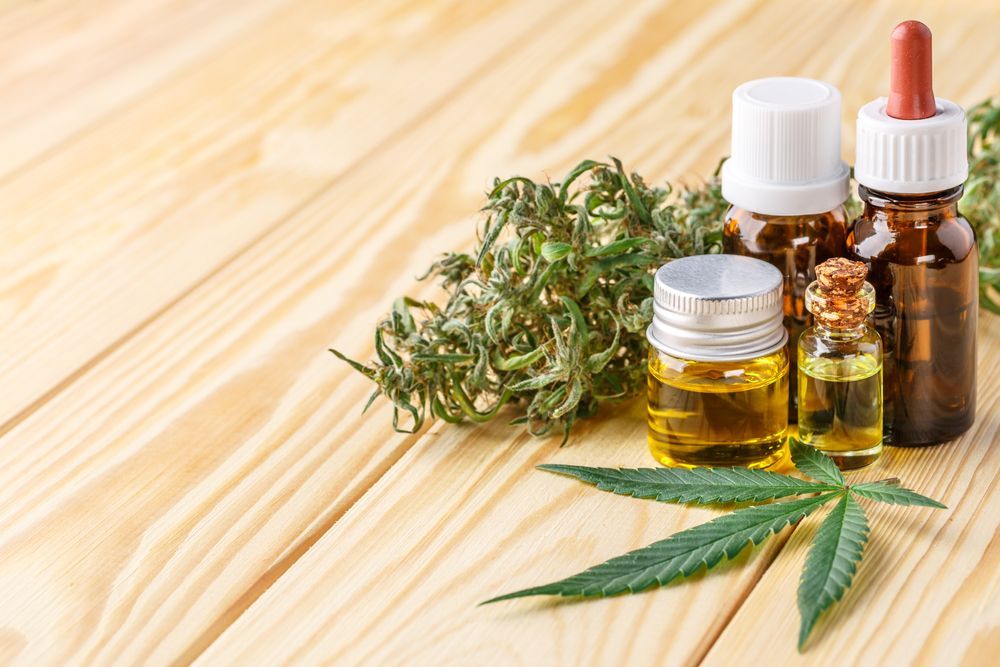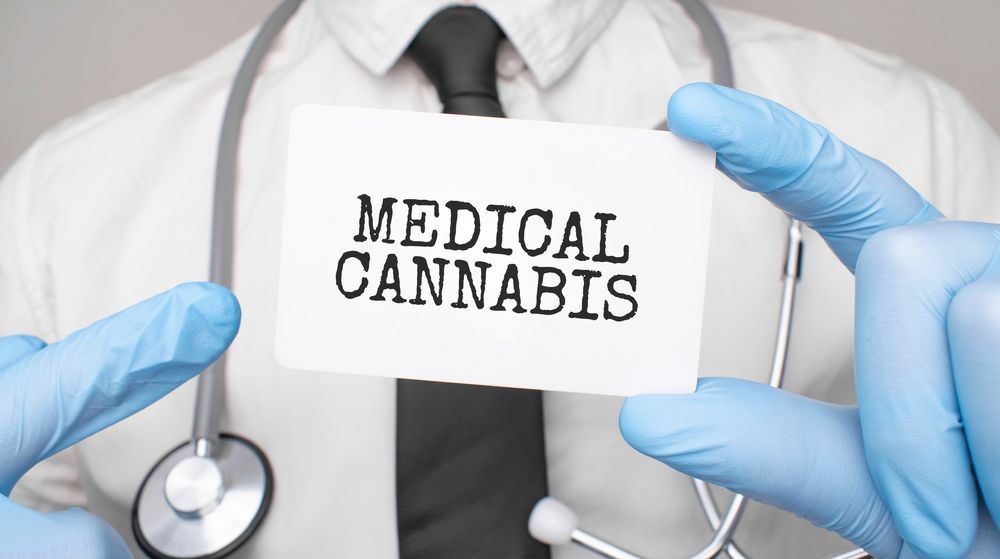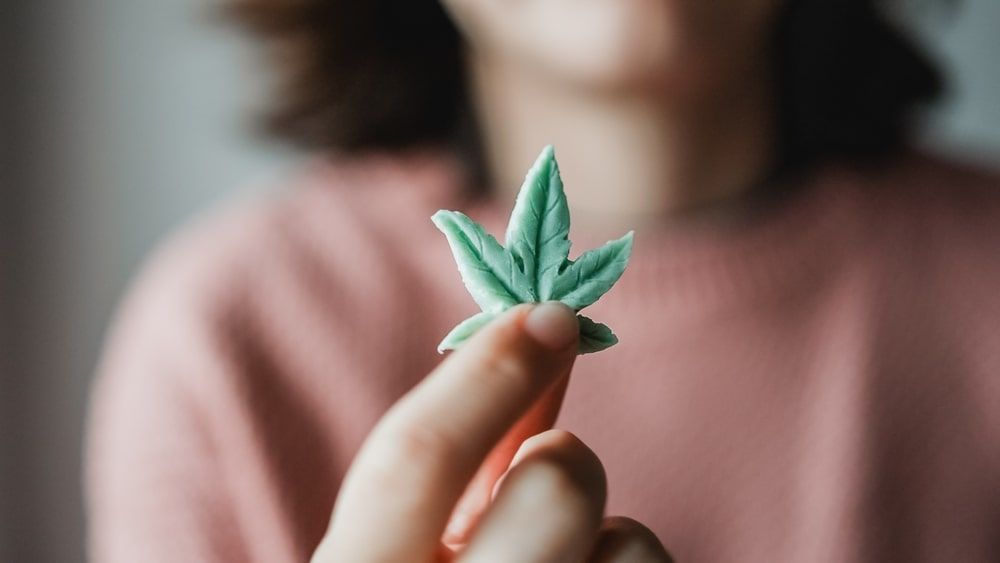Your Complete Guide to Cannabis and Its Medical Uses
If you're curious about cannabis and its medical uses, you've come to the right place. This guide will take you through everything you need to know. By the end, you'll understand how cannabis works, its benefits, and how it might help you. Plus, our clinic offers free consultancy services to answer all your questions.
What is Cannabis?
Cannabis, also known as weed or marijuana, is a plant. People have used it for thousands of years for various reasons. Some use it to relax, while others use it to help with medical conditions. Cannabis contains chemicals called cannabinoids, which affect your body in different ways.
Components of Cannabis
Cannabis has many parts, but the two main components are THC and CBD. THC is the part that makes you feel "high." CBD doesn't make you high but can help with pain and anxiety. Both THC and CBD interact with your body's endocannabinoid system.
How Cannabis Works
Your body has an endocannabinoid system. This system helps regulate many things like mood, pain, and appetite. When you use cannabis, the cannabinoids interact with this system. This interaction is why cannabis can help with pain, reduce anxiety, and even improve your mood.
Short-term Effects of Cannabis
When you use cannabis, you might feel relaxed and happy. Colors might seem brighter, and music might sound better. However, some people might feel anxious or paranoid. It's important to start with a small amount and see how your body reacts.
Long-term Effects of Cannabis
Using cannabis over a long period can affect your brain. For young people, it might impact brain development. Some people might also become dependent on cannabis. It's essential to use it responsibly and talk to a doctor if you have concerns.
Medical Uses of Cannabis
Pain Management
Cannabis is popular for pain relief. If you have chronic pain, cannabis might help. Studies show that both THC and CBD can reduce pain. Many people prefer cannabis over traditional painkillers because it has fewer side effects.
Cannabis for Cancer Patients
Cancer treatments like chemotherapy can cause nausea and loss of appetite. Cannabis can help with these symptoms. Many cancer patients use cannabis to feel better during treatment. It can also help with pain and improve sleep.
Mental Health Benefits
Cannabis can help with anxiety, PTSD, and depression. It works by interacting with the brain's endocannabinoid system. However, it's important to use the right type and amount. Too much THC can increase anxiety in some people.
Other Medical Uses
Cannabis can help with many other conditions. For example, it can reduce muscle spasms in people with multiple sclerosis. It can also help control seizures in epilepsy patients. Researchers are still studying all the ways cannabis can help.
FDA Approval and Regulation
In the United States, the FDA has approved some cannabis-based medicines. These medicines help with specific conditions like epilepsy. However, the FDA hasn't approved cannabis for general medical use. This means you should talk to your doctor before using cannabis for health reasons.
Is Medical Marijuana Safe?
Many people wonder if medical marijuana is safe. Like any medicine, it has risks and benefits. Cannabis can interact with other medications, so it's important to talk to your doctor. Using cannabis responsibly and in moderation is key to staying safe.
Getting a Prescription
In places where medical marijuana is legal, you need a prescription. Your doctor will assess your condition and decide if cannabis is right for you. Once you have a prescription, you can buy cannabis from licensed dispensaries.
Common Questions About Cannabis
What do cannabinoids do to your body?
Cannabinoids interact with your endocannabinoid system. This system helps regulate mood, pain, and appetite. When you use cannabis, cannabinoids can help reduce pain, improve mood, and stimulate appetite.
Is medical marijuana legal in Ontario?
Yes, medical marijuana is legal in Ontario. You need a prescription from a doctor to buy it.
Has the FDA Approved Medical Marijuana?
The FDA has approved some cannabis-based medicines for specific conditions. However, it hasn't approved cannabis for general medical use.
Is medical marijuana available as a prescription medicine?
Yes, in places where it is legal, you can get medical marijuana with a prescription from a doctor.
Can medical marijuana be addictive?
Some people can become dependent on marijuana. It's important to use it responsibly and talk to your doctor if you have concerns.
How does cannabis affect the brain?
Cannabis affects the brain by interacting with the endocannabinoid system. This can change how you feel and think.
Can cannabis help with mental health disorders?
Yes, Cannabis can help with anxiety, PTSD, and depression. However, the effects vary, and it's important to use it under a doctor's guidance.
How is cannabis used to treat pain?
Cannabis can reduce pain by interacting with the endocannabinoid system. Both THC and CBD have pain-relieving properties.
Conclusion
Cannabis has many potential medical uses, from pain relief to mental health benefits. However, it's important to use it responsibly and under a doctor's guidance. If you're curious about how cannabis can help you, our clinic offers free consultancy services. We're here to answer your questions and help you find the right treatment.
Our goal is to enable you to live a pain-free life, with full mobility.
QUICK LINKS
CONTACT
Copyright 2025 Medicinal Cannabis Clinic
Note: At our clinic, we focus solely on medical cannabis solutions, offering effective treatments for conditions such as chronic pain, anxiety, and insomnia.

